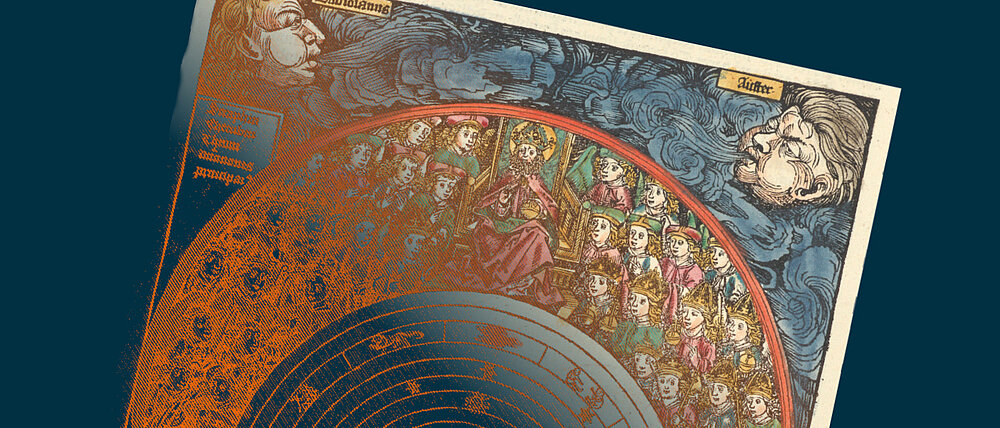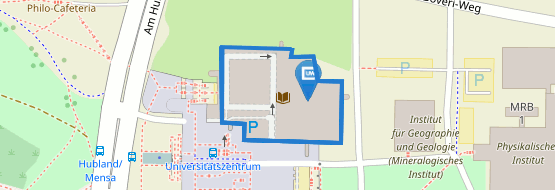An Infamous Abbot and the Belief in One Single Truth

In the European Middle Ages, the Christian Church shaped the worldview: the Earth, as God's creation, stood at the center of the universe, and all human inquiry aimed to support this interpretation. The goal of medieval knowledge was to find God in nature and in things. The boundary between verifiable and merely presumed truth was fluid: in doubt, the only true authorities were invoked: God, the Bible, and the Church.
As the late Middle Ages, the belief in an unswerving divine plan of salvation began to crack and the search for truth extended to the non-biblical cosmos. Johannes Trithemius (1452–1516), the famously renowned abbot of Würzburg of his time, was also a seeker of truth. He was a passionate book collector, a great expert in ciphers, and—very unusual for an abbot—a magician. As a humanist thinker, he aimed to make access to knowledge and insight available to the world. Although one of the most versatile and intelligent scholars of his time, by the end of his prolific career he came under suspicion of having presented historical facts in a very imaginative way to achieve a grand and coherent outcome.


